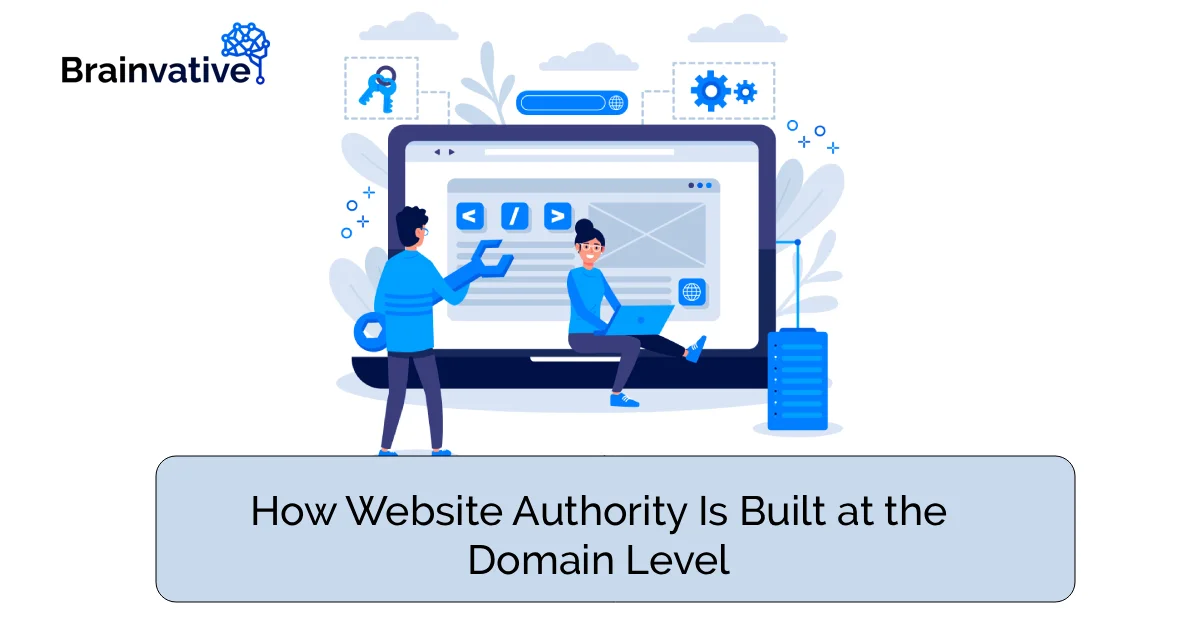When it comes to developing an enterprise website that is secure and high-performing, managed WordPress hosting for enterprise offers more than convenience; it serves as a layer of strategic protection against common WordPress threats, most notably plugin vulnerabilities. Enterprise-level websites typically rely on multiple plugins, sometimes dozens, to achieve their functional and performance objectives, and do so at significant risk of poorly developed plugins or those that have become outdated. Managed hosting with a proactive approach to managing security, performance, and maintenance, which gives enterprises peace of mind and consistency of operations.
For businesses that would like an alternative to managed WordPress hosting, WordPress hosting with cPanel continues to be a popular solution. cPanel hosting offers developers and IT teams the resources they need to manage databases, files, backups, and email configurations in one single spot. cPanel-based hosting offers control and flexibility; however, like managed WordPress hosting, cPanel-based hosting will not inherently protect against vulnerabilities resulting from plugins unless additional layers of security and monitoring are in place. This is part of understanding the distinctions inherent to identifying the differences related to how each hosting type manages risks related to WordPress plugins.
Understanding the differences in how the different styles of hosting manage risks, is one part of the overall decision-making process related to website safety and performance.
Understanding and Identifying WordPress Plugins Vulnerabilities
Plugins are fundamental to the WordPress ecosystem. They enable users to extend the functionality of their sites to include features such as SEO optimization, eCommerce, contact forms, caching, and other functionality for web properties. And with this flexibility comes risk. The bulk of vulnerabilities on WordPress-based sites come not from the core software, but from third-party plugins to the WordPress software.
Problems can be caused by:
Poorly written, coded plugins that leave backdoors or a point of SQL injections.
Outdated plugins. Not updated, and the authors stopped maintaining them.
Zero-day vulnerabilities are exploited before the patches are released.
Conflicts with others that cause unpredictable or unwanted behavior and security loopholes.
For enterprise websites with continuous visitor flow, carrying sensitive customer data, and relying on the site for mission-critical operations, plugins may put all of that at risk and can turn into an utter disaster. That’s one of the reasons why managed hosting providers are around to help close that security gap.
Role of Managed Hosting in Plugin Protection
1. Automated Plugin Updates
Many managed hosting services provide automated updates for plugins, features that often include rollback mechanisms. That means plugins can be updated regularly to patch vulnerabilities, and if the update creates a conflict or breaks something, it automatically rolls back to the previous version.
2. Plugin Vulnerability Scanning
Several managed WordPress hosting providers offer vulnerability scanners built into their platform that reference the plugin version against known vulnerabilities found in public databases. If a vulnerability is found, the site administrator is notified that the plugin has an infection, or is disabled, sandboxed, or removed altogether.
3. Active Monitoring and Threat Detection
Real-time monitoring systems help identify suspicious plugin behavior. A monitoring system typically includes functions to block IPs, perform malware scans, and adjust the application firewall.
4. Controlled Plugin Ecosystems
Some managed hosts don’t permit certain plugins known to have problems or provide a curated list of plugins. This eliminates the possibility of a user installing a plugin with a known vulnerability, which reduces the overall attack surface.
Comprehensive Control with WordPress Hosting with cPanel
1. Manual Plugin Updates
1. Plugin Updates
When using cPanel hosting, it allows for a better level of control but also leads to the risk of missing out on updates when operating multiple sites.
2. You Need to Install Third-Party Security
You'll need to integrate a third-party tool, such as Wordfence, Sucuri, or MalCare. These tools will scan your plugins, firewall the site, and assist with malware removal.
3. Backups and Restore Points
cPanel has mechanisms such as JetBackup or other backup plugins; however, it’s still the user who needs to ensure that the backups are scheduled to run automatically. In the event there is a breach through a plugin, the user will need to be the one restoring from a backup.
4. Server-Level Access
cPanel provides you access to manage some server-level configurations, such as .htaccess rules, PHP limits, and cron jobs. This ability adds configurable security but can also lead to the possibility of misconfiguration, especially if the admin does not have advanced technical abilities.
Final Thoughts
The vulnerability of plugins in WordPress will not stop, and as WordPress continues to lead the CMS market, hackers will exploit weak points in unmonitored plugins supplied by third parties. Before using managed WordPress hosting (enterprise) or WordPress hosting with cPanel, you still need to find out your requirements and make a decision accordingly.
Managed hosting is your first line of defense, offering almost full automation, live monitoring, and a higher level of support. Hosting with cPanel gives you control and flexibility, but the responsibility falls on you, as the business owner, to be diligent, maintain your site, and take necessary security actions.
Overall, the best mitigation against plugin vulnerabilities still rests with a layered approach: Pick the right (trusted) plugins, constantly monitor your environment, keep plugins up to date, and ultimately select a host that meets your business security expectations.



